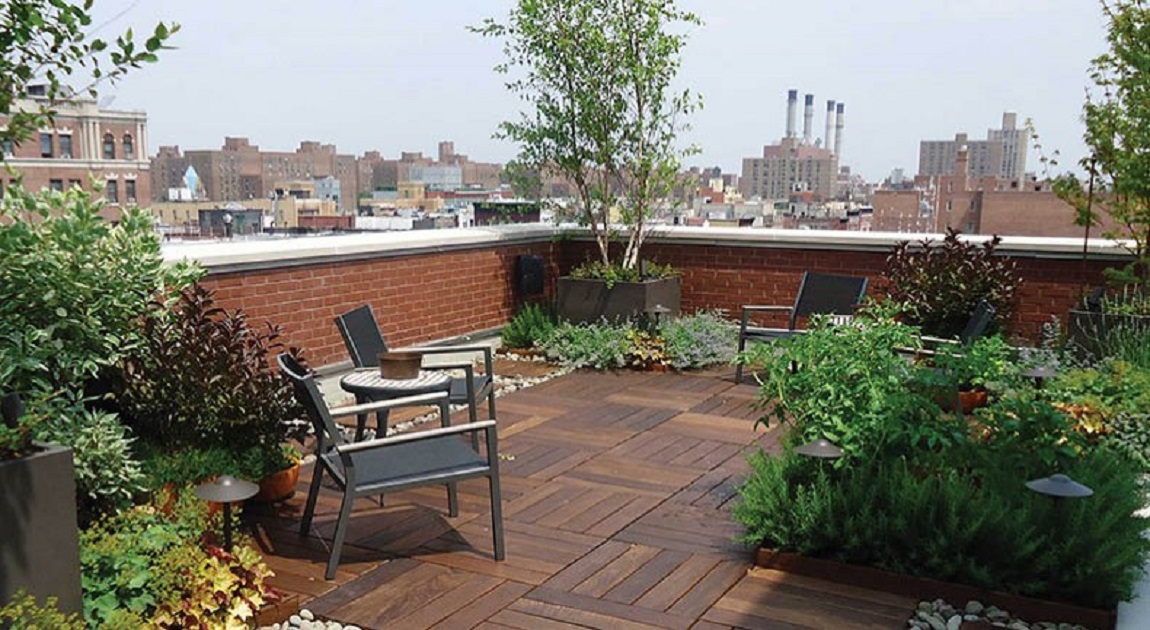Research increasingly shows that gardening offers powerful benefits for both physical and mental well-being, potentially helping people live longer, healthier lives.
Beyond being a relaxing hobby, gardening can preserve cognitive function, reduce stress, and support overall health — especially as people age.
In countries like Norway, care farms have been integrated into national dementia care strategies. These farms offer structured gardening and farm work for individuals with cognitive decline, providing them with social connection, routine, and mental stimulation.
Such environments are proving effective in improving mood, communication skills, and even memory function among people with dementia.
The therapeutic impact of gardening extends far beyond dementia care. Engaging in gardening activities taps into complex cognitive processes, such as memory, decision-making, and executive function.
According to recent research, those who garden regularly throughout life may show greater improvements in cognitive abilities over time than those who do not.
This aligns with the “use it or lose it” theory of brain health, which suggests that maintaining cognitive engagement through tasks like gardening helps preserve mental abilities into older age.
Supporting this, studies have found that activities involving learning and creativity, especially in natural and social settings, can delay or reduce the risk of cognitive decline and diseases like Alzheimer’s.
Gardening also appears to influence biological factors associated with brain health.
Increased levels of brain-derived neurotrophic factor (BDNF) and vascular endothelial growth factor (VEGF) — both linked to cognitive functioning and neuron survival — have been observed in people who spend time gardening.
On a broader level, the benefits of spending time in nature, whether through gardening or simply being outdoors, are supported by a wide range of studies.
Nature exposure has been shown to reduce stress, lower blood pressure, improve focus, and encourage physical activity.
These effects are not only restorative but also contribute to preventing chronic diseases associated with aging.
Gardening also encourages physical movement, which in turn supports cardiovascular health, mobility, and muscle strength.
Some studies even show that regular gardening can reduce the risk of heart disease and improve bone density.
With growing evidence that gardening combines mental stimulation, social interaction, nature exposure, and physical activity, it’s becoming clear that this simple activity may be one of the most effective ways to support a longer, healthier life — especially for aging populations.
















-20251213120612.webp)


















-20251207131533.jpg)



